‘The Line’ Review: Frat Culture Is Put Under The Spotlight In College Drama [Tribeca]
The Line. Courtesy of Tribeca Film Festival.
Fraternities and sororities go just about as hand-in-hand with the idea of college as anything can. Regardless of whether or not they’re good, they certainly exist. In The Line, this comes in the form of Kappa Nu Alpha, the “big” frat on campus that’s existed since the 1700s. To set the scene, it’s 2014 — a time period made clear by the use of The Wanted’s Glad You Came as the film’s first needle drop, played over Gettys (Austin Abrams of Euphoria and Do Revenge) confidently dancing (again, somehow) on stage at a party for a frat pledge — and it’s the season of new, eager students on campus, many of which want to be cool and enter Greek life. The film, which premiered at Tribeca earlier this week, is the directorial debut of Ethan Berger, a filmmaker who, with this limited scope, executes his clear vision efficiently and effectively through a show, don’t tell manner of highlighting just how awful frats can be.
The Line. Courtesy of Tribeca Film Festival.
We follow Tom (Hereditary’s Alex Wolff), a sophomore going into his second year in the frat as he, among the other returning members, prepares to pick through a class of excited freshmen — many of which are in over their heads — and, with the other KNA “brothers,” decide who would be a part of their legacy. It’s in these first few minutes that the nature of this society is revealed to us, whether it’s through Tom’s roommate’s (Mitch, played sharply by Bo Mitchell) father (John Malkovich) offering him an internship for next summer over a light dinner or Todd (Top Gun: Maverick’s Lewis Pullman) inviting him to lunch with the dean of students, it’s clear that, as Tom puts it, “KNA is key to landing postgrad jobs.” It’s all about the bonds between these brothers. For Tom — aside from navigating his frustrating roommate — all seems to be fine in this Greek lifestyle. Then, enter Annabelle (The Little Mermaid star Halle Bailey, who gets incredibly underutilized here), another sophomore, one who doesn’t partake in this lifestyle. This encounter, while brief, serves as the catalyst for something larger, planting the seeds in Tom’s head that, hey, maybe this isn’t perfectly normal.
When it comes to the subtext and larger message that the film pushes (fraternities and sororities are not inherently good), The Line approaches this not by telling us directly that they’re bad but simply by showing us that, no matter how fun it may seem at times, quick, routine hazing can go oh so wrong almost instantaneously. This incident, one that occurs slightly more than midway into the film, is the line itself, one that forces Tom to question his lifestyle and ask himself which side he wants to be on, regardless of what the others do. This is conveyed effectively by The Line’s screenplay — written by director Berger and co-writer Alex Russek, who started working on the script more than a decade ago.
More than just the script, however, Alex Wolff’s method performance puts the film’s extremities over the top, going so far as to make us feel for this kid who we just watched haze, bully, and talk down to others. That said, this is also because Tom is almost the only fleshed-out character in the film, being more than just one of many frat bro stereotypes that other members of the ensemble are reduced to. That’s not to say that they don’t stand out, however, because the performances all around — especially from Wolff, Mitchell, and Abrams — are strong enough to make you hate these characters when you need to and empathize with them at other times. The film relies on the idea of the shift of power to convey feeling as it builds in the first act, using our perspective as outsiders to let us freely observe the tension that’s slowly creeping into the relationships between these characters, kicking off as the upperclassmen vote on who gets let in, for a payoff as they haze the freshmen, ultimately sending The Line on a tragic, yet seemingly right trajectory.
While it may not be the easiest watch, The Line might truly need to become necessary viewing for younger people who, without guidance, may end up as these people (some of which could have genuinely been ripped out of Lord of the Flies) or worse, find their lives in a parallel trajectory to The Line’s epilogue, which settles on a haunting — real — final shot. It’s the kind of movie that benefits from having enough star power to attract viewers enough to turn it on, pulling them in before the film itself — an exceptional directorial debut — does the rest.
The Line premiered at the Tribeca Film Festival on June 9.


